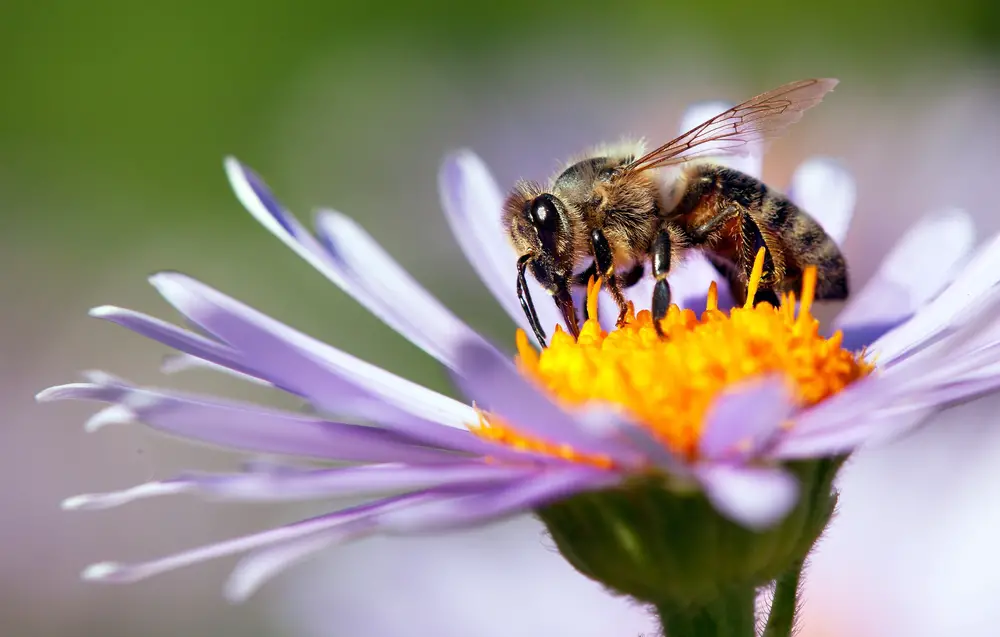Pollinators (anything that takes pollen from plant to plant) help most plants reproduce. But does this mean pollinators are all that important? And if they are, why are pollinators important?
Pollinators, such as bees, bats, and hummingbirds, are important because they take pollen from one plant to another (pollination), allowing plants to reproduce. This helps grow crops, lets plants aid the water cycle, and gives us clean air. Pollinators play an important role in culture too.
What Is Pollen?
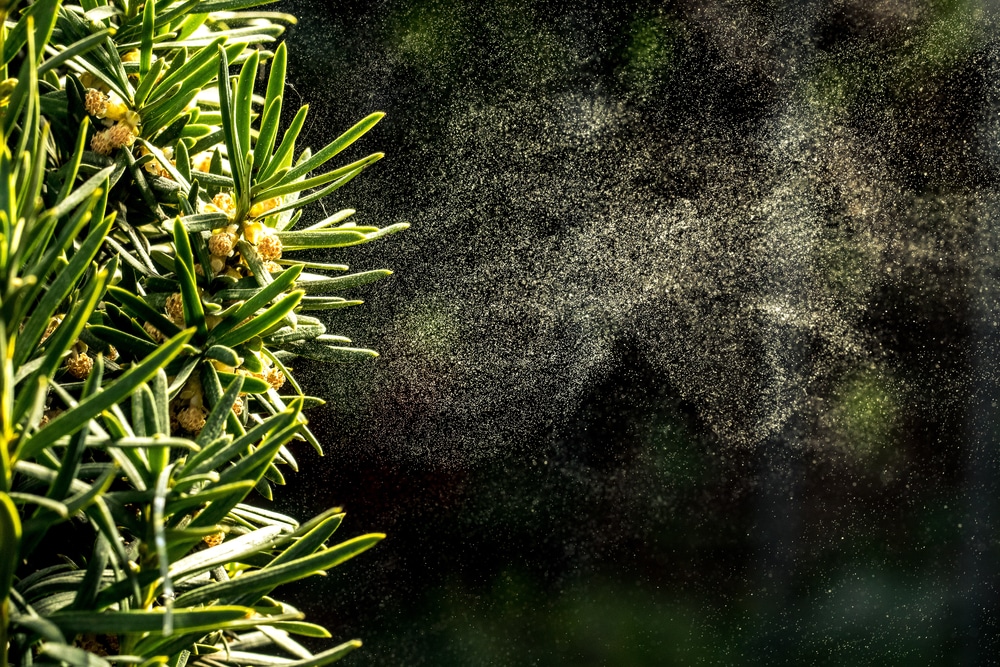
Just like humans, plants need male and female DNA to reproduce. Pollen is the male DNA, which comes from the male part of the plant (the stamen).
What Is Pollination?
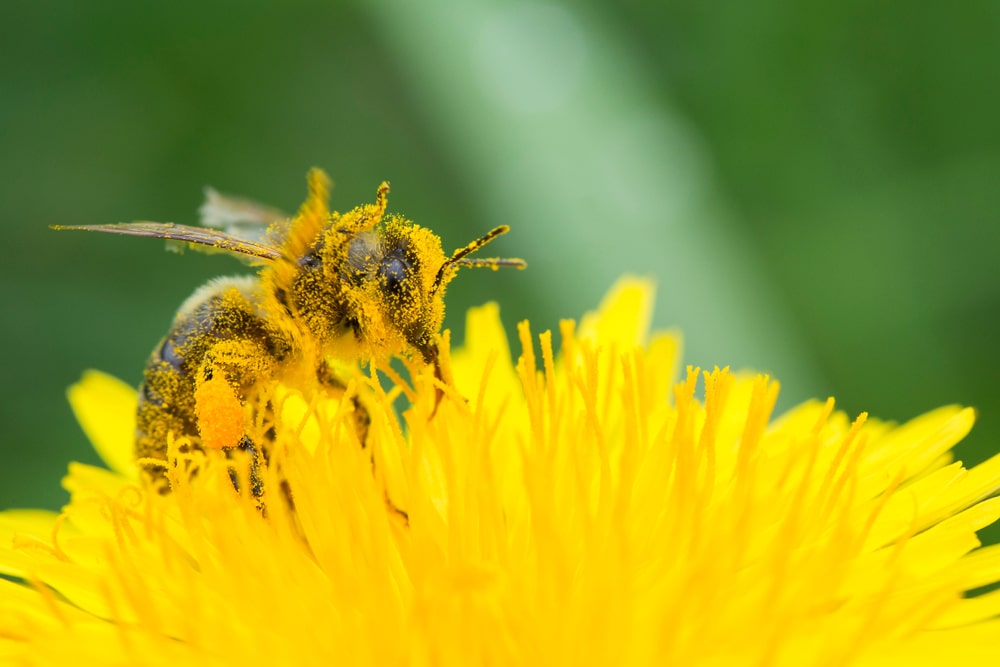
Pollination is the process of getting pollen from the stamen to the female part of another plant (the stigma). Plants need a pollinator (described below) to do this.
As the pollinator interacts with the flower, it brushes against the pollen or dislodges it. In the former case, the pollinator transfers the pollen to the flower of another plant when visiting it. In the latter case, the dislodged pollen will end up there on its own.
This process is also called cross-pollination (as opposed to self-pollination).
What Is Self-Pollination?
Self-pollination is when a plant transfers pollen from its stamen to its stigma. Most plants do not self-pollinate, and some don’t even have male and female parts to do this.
Plants need pollinators in most cases.
What Is A Pollinator?
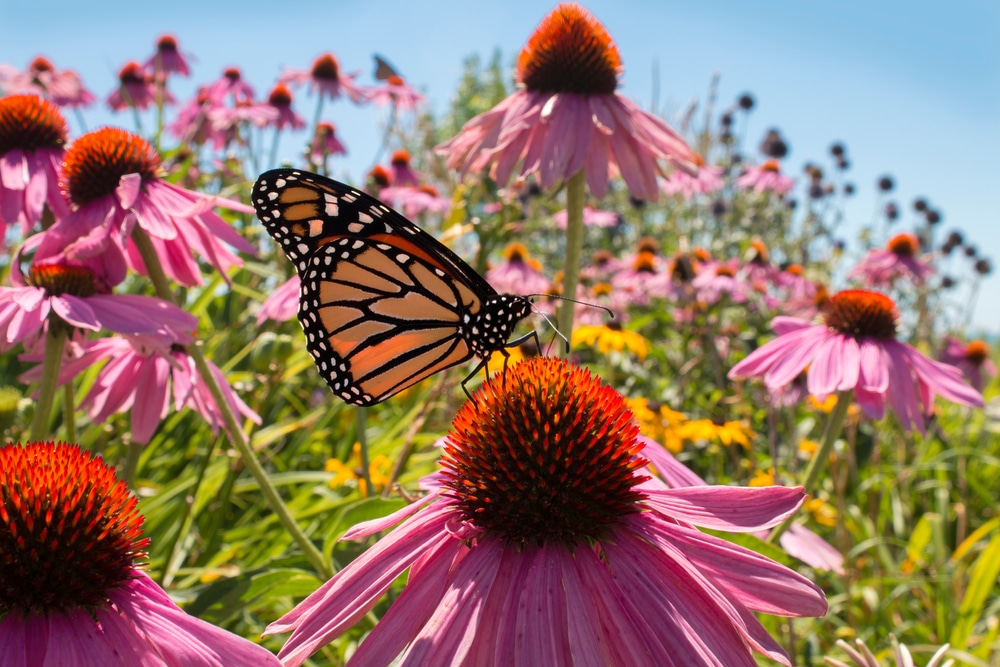
A pollinator is anything that transports pollen from one plant to another. This is often accidental, such as when animals brush against flowers, and the pollen sticks to them. As they move around, they accidentally transfer the pollen to other plants of the same species.
Insect And Animal Pollinators
Insects and animals pollinate most flowering plants (plants with flowers). Among these, bees are one of the most well-known. Bees feed on the nectar and pollen found in flowers.
As they do this, they collect pollen on pollen baskets (an area on some bees’ back legs in which the hairs are arranged a certain way) on their legs or use the hair on their bodies. While the bee intends on taking its pollen haul back to the hive, it will transfer much of the pollen to the other flowers it visits throughout the day.
Other animals, like bats and birds, also pollinate plants. The hummingbird is a typical example. These tiny birds feed on nectar-rich plants. Like bees, some pollen sticks to them and transfers to other flowers as they feed on their nectar.
Even larger animals like bears, lemurs, and other mammals may incidentally pollinate as they move through their environments.
Other Pollinators
While most plants need an insect or animal for pollination, several species rely on other methods.
Wind and water are two beneficial elements when it comes to plant reproduction, especially in areas without abundant wildlife. For example, rainfall can wash pollen from plant to plant, and wind can blow it between them. However, these processes aren’t as successful as pollination with insects or animals.
Why Are Pollinators Important (And Why You Should Care)?
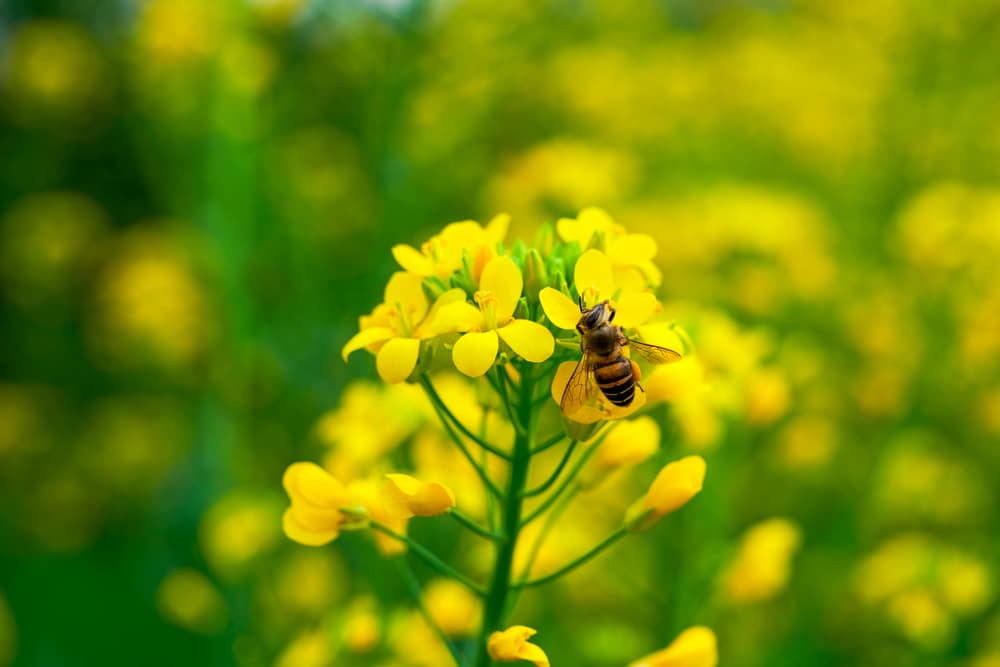
The world would be very different without pollinators, and you’d surely notice a difference in many ways. We can all do our bit to help protect pollinators (and we should, as you’ll see below). For my part, I have recently created a pollinator area in my garden. I’ve allowed the grass to grow longer and planted some pollinator-friendly flowers.
After reading why pollinators are important, maybe you’ll consider doing the same.
Pollinators Help Us Grow Crops
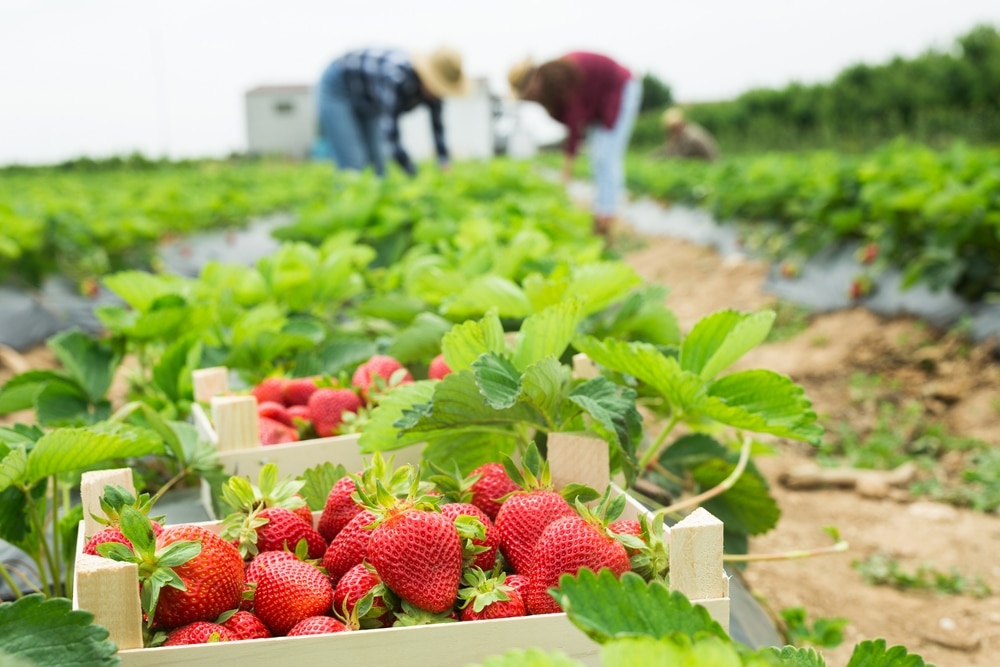
Pollinators pollinate many human crops. They pollinate foods such as strawberries, apples, almonds, avocados, cucumbers, and many others.
Not only this, but because of how effective animal pollination is, agricultural businesses are booming, proving that pollinators are excellent for the economy.
There is a myth that crop species would die out without bees and other pollinating insects. This isn’t strictly true. However, there would be a decline in the availability of certain crops, dramatically reducing the types of food on your plate!
They Aid The Water Cycle
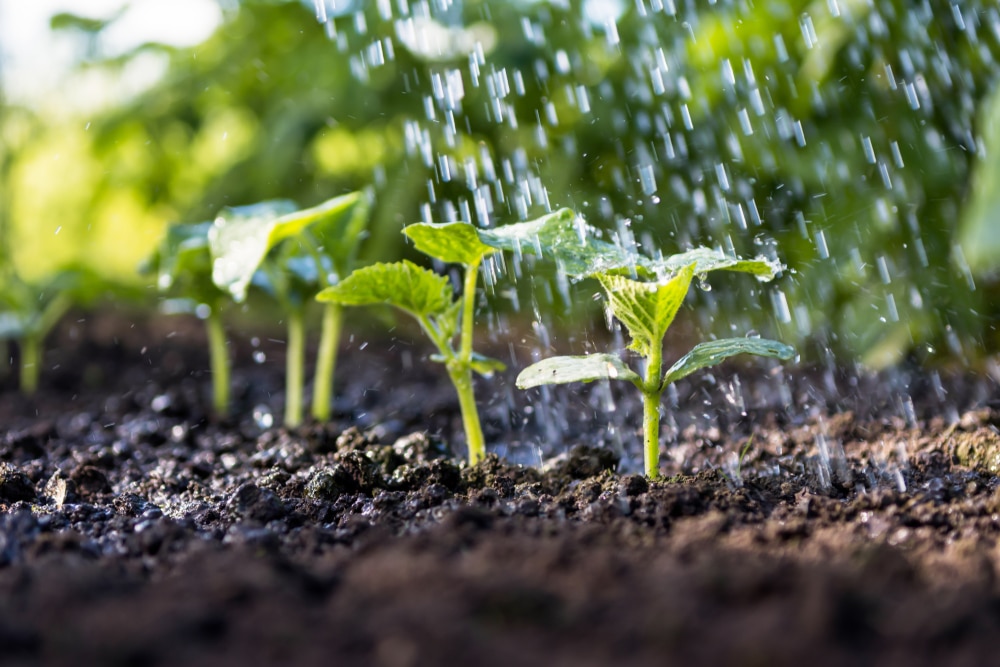
We’re all familiar with the water cycle: rain falls from the sky, plants and animals use it, and then it evaporates for the process to begin again.
But did you know plants are responsible for a part of this process?
When water falls to the ground, plants absorb it before releasing it into the atmosphere. Without plants, there would be a break in the water cycle. If it weren’t for pollinators, many of these plants wouldn’t survive or would see their numbers dwindle significantly.
You might think that without plants, water evaporates by itself, but this isn’t strictly true. When water falls, it seeps into the soil. It can travel as far down as the water table (an underground area where the Earth’s surface is saturated with water. This can result in lost water.
However, when it rains, plant roots suck up all that water, preventing it from being lost deep in the ground. The plant then uses the water and emits some of it in a process called transpiration.
Transpiration is where up to 90% of a plant’s water seeps out of tiny openings in the leaves (called stomata). Not only does this aid the water cycle, but it’s also one of the ways plants regulate their temperature.
So, fewer plants would exist without pollinators, which would affect the water cycle.
Pollination Ensures Clean Air For Us To Breathe
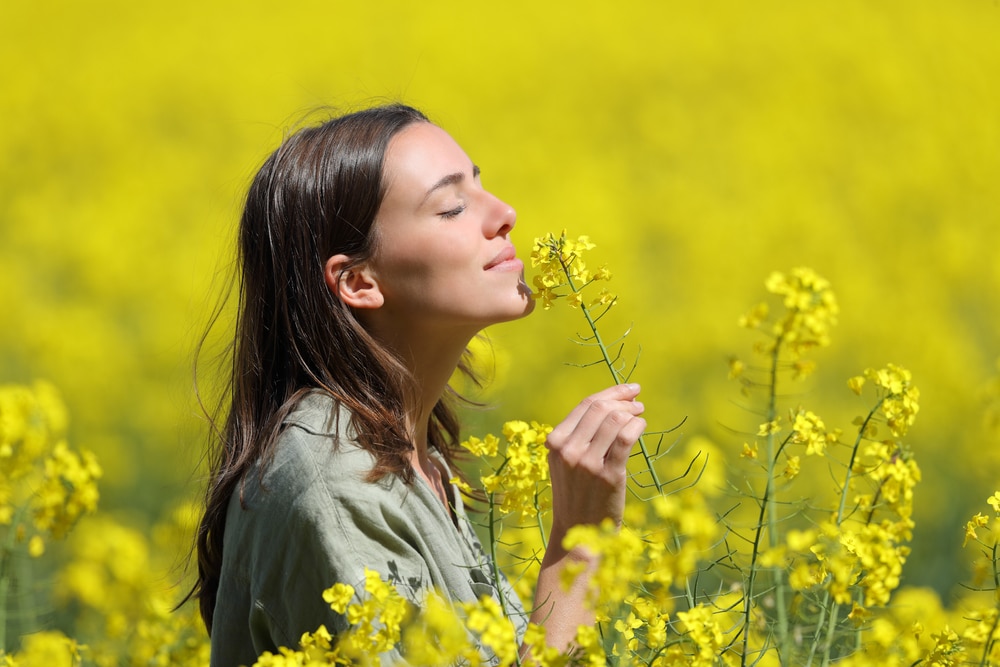
In recent years, the amount of carbon dioxide in the air has increased, which is one of the causes of global warming. However, one of the jobs of plants is to process this carbon dioxide and release oxygen for us to breathe.
Without an abundance of plants, the amount of carbon dioxide in the air would rise to alarming levels.
We again have our pollinator friends to thank as they ensure the successful reproduction of many plant species, reducing carbon dioxide and increasing oxygen.
They Have Cultural Significance
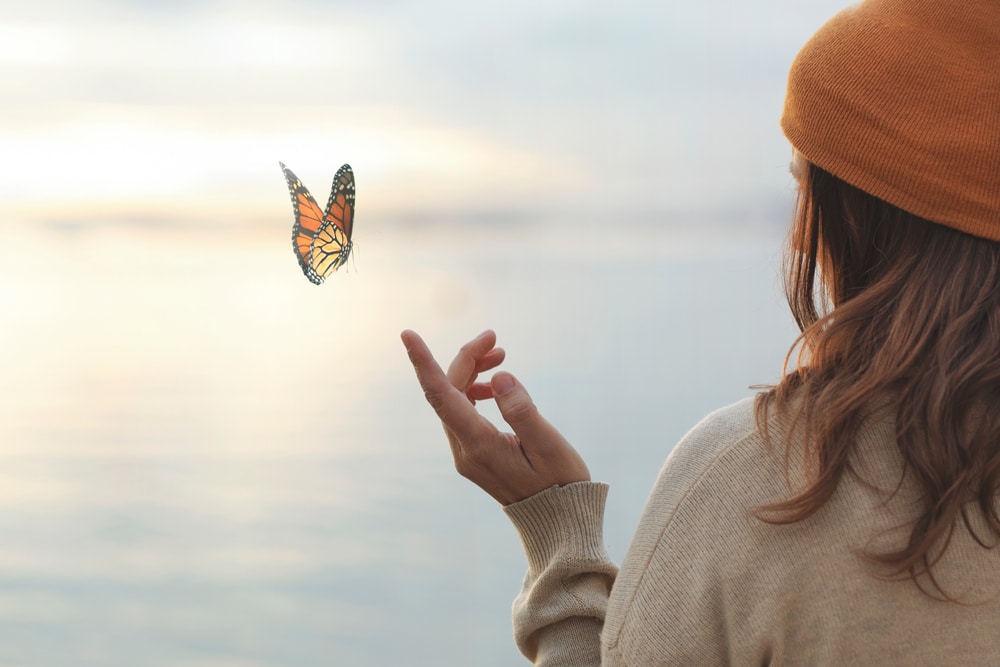
Pollinators aren’t just crucial for our food crops and wildflowers as they also play a significant role in culture.
In Native American folklore, bees symbolize reward and the dangers associated with greed. They also view the butterfly as a messenger in dreams.
In some Mexican cultures, the moth symbolizes knowledge.
Pollinators, particularly bees, also have great religious significance.
Tips To Help Pollinators
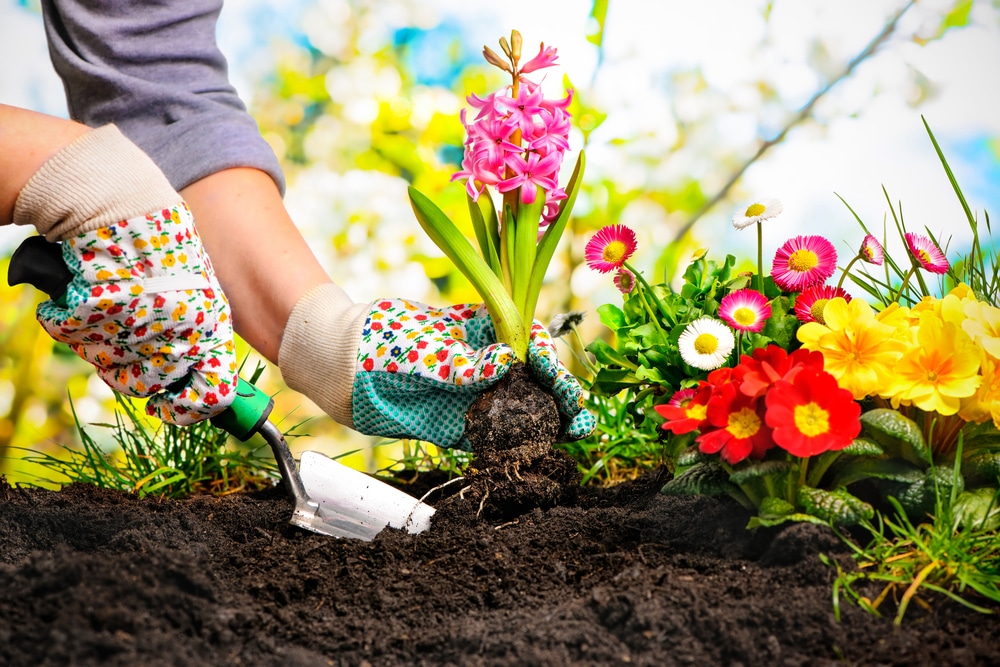
Pollinators are some of the most important members of our ecosystem, but they’re faced with many threats. While you might think doing a small amount in your garden isn’t going to make much of a difference, you’d be surprised at what you can achieve.
Here are some top tips on helping and supporting your local pollinators.
Plant Native Flowering Plants
Pollinators such as bees gravitate towards native plants far more than exotic ones. Also, since the conditions are perfect for native species, they’ll be able to thrive, whereas exotic plants may struggle.
Avoid Using Pesticides And Herbicides
Pesticides, herbicides, and similar chemicals can impact the development of pollinators and may even cause their numbers to decline. Instead, opt for organic methods such as hand-picking pests from plants and using vinegar to kill weeds.
Create Nesting Habitats
Install a bat box or a birdhouse for those larger flying pollinators. You can also build an insect hotel for the smaller critters. You can even let an area of your lawn grow wild or place a log pile for bees, beetles, and other insects to hide in.
Provide Them With A Water Source
Always ensure there is a water source, as pollinators need to drink just like you and I do. It could be anything from a large, ornate pond to a water container with some strategically placed rocks for the pollinators to land on.
Final Thoughts
Pollinators are essential in our ecosystems, but we often overlook their importance. Without them, thousands of plant species would be unable to reproduce, which would have a noticeable negative effect on our daily lives. Moreover, pollinators have a social, economic, and cultural significance worldwide.
It’s essential to do your bit and protect pollinators by providing them with suitable habitats and eliminating the use of pesticides in your garden. Even doing one thing you weren’t doing before can help immensely.

